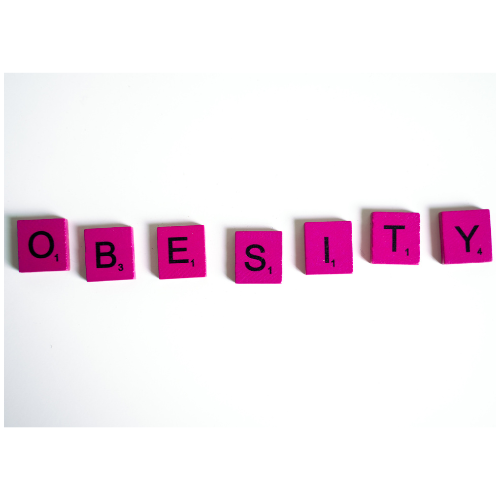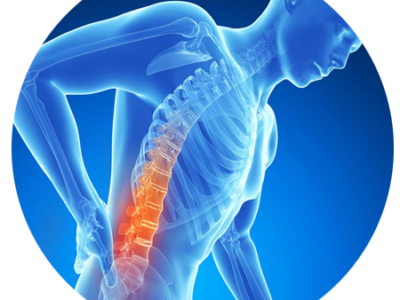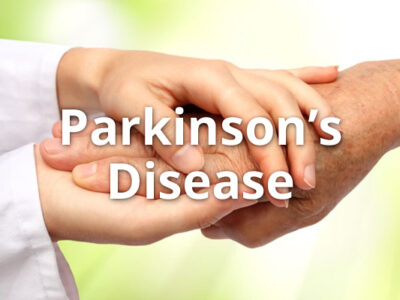Does diet influence chronic musculoskeletal pain?
Most of us know that eating a healthy diet has many benefits. What we may not be aware of is its impact on our muscles and chronic pain. For those who suffer from chronic musculoskeletal pain, relief may be found at the end of the fork. The more researchers learn about the important role that nutrition plays, even with chronic pain, the more nutrition may become a more commonly promoted route to chronic pain relief.
In the June 2024 issue of the Journal of Pain Research, the issue of nutrition and its impact on chronic musculoskeletal pain was explored (1). Researchers looked at the connection between what we eat and how it may impact our muscles, and how it increases the risks involved in developing sarcopenia and chronic musculoskeletal pain.
They report that chronic musculoskeletal pain, which is persistent discomfort in musculoskeletal tissue for at least three months, afflicts over 1.7 billion people worldwide. It’s a condition that leads to daily disruptions and diminishes quality of life. Many people with the condition find it hard even to do daily tasks, such as chores, and struggle to keep up with work and other demands in life.
The researchers advise that nutrition plays a big role in this issue because what we eat impacts our gut microbiome, which is made up of microscopic bugs. When we eat a healthy diet, we end up with good gut bugs, but when we eat an unhealthy diet, we end up with bad gut bugs. Bad gut bugs or an unhealthy gut microbiome can lead to a range of issues, with muscle health being one of them.
When our gut microbiome is unhealthy, it has an unhealthy impact on our muscles. They become weak and shrink, a condition called sarcopenia, which leads to chronic pain. A poor gut microbiome, they report, also makes the pain more intense. Therefore, they report that changing what we eat may be a good way to tackle chronic musculoskeletal pain.
A Mediterranean diet pattern, with a lot of fruits and vegetables, is touted as good for having a healthier gut microbiome. This diet is better for the microbiome and is linked to enhanced physical performance. It also helps protect against muscle atrophy, sarcopenia, and the onset of frailty. The report also notes that probiotics help reduce pain severity and improve functional outcomes in those with chronic musculoskeletal pain.
This is a great tool for those who help with chronic pain management and those who are looking for ways to find relief on their own. Making some dietary changes may go a long way toward helping people have less pain and gain additional benefits.
Source:
Journal of Pain Research. Role of Nutrition in the Management of Patients with Chronic Musculoskeletal Pain. June 2024. https://www.dovepress.com/role-of-nutrition-in-the-management-of-patients-with-chronic-musculosk-peer-reviewed-fulltext-article-JPR







